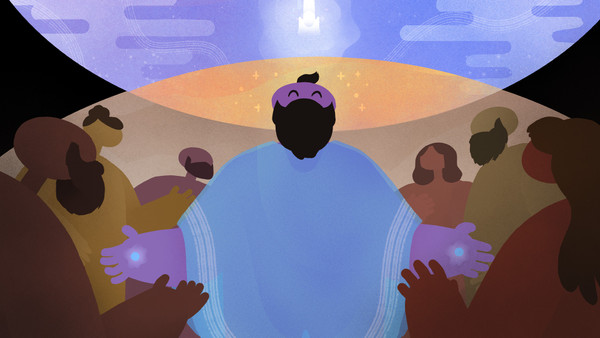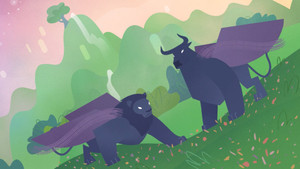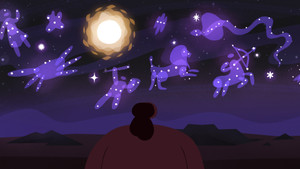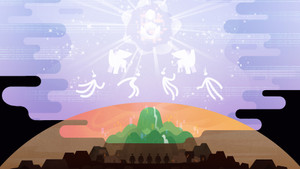
5:08

In the opening pages of the Bible, God appoints humans to rule the world on his behalf. But when they rebel, the biblical story leads us on a search for a new humanity that will be God’s faithful partners forever.

Episode 6

Episode 8

Episode 5

Episode 2

Episode 4

Episode 3

Episode 1

Episode 7